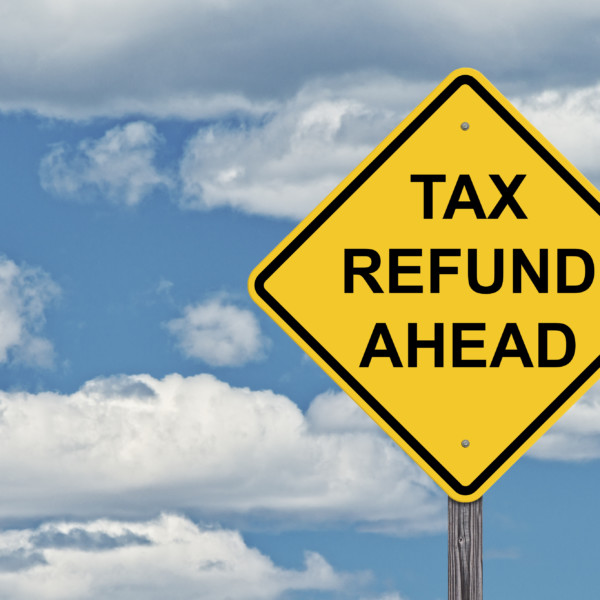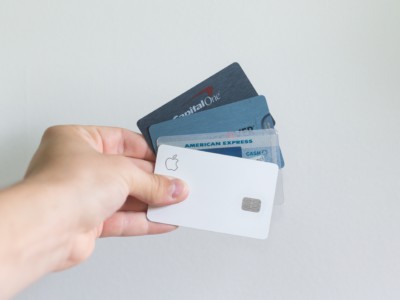6 Moves to Make Your Refund Mean More
Tax refund season is here! By now, you should have claimed every tax deduction you’re legally entitled to claim. If your deducting-spree earned you a tax refund — why not put it to work!
While you may have your next big splurge purchase on your mind, some of the options we explore here could help you out in the long run.
Let’s learn a little more about your tax refund options.
1. Create an emergency fund
Many Americans do not have an adequate savings account accessible in case of a sudden financial need. A lack of savings leaves you vulnerable to a job loss, medical emergency or major repair and can force you to seek out short-term loans at high-interest rates or carry credit card balances for an extended period of time. Using your refund to start or augment an emergency fund could leave you breathing easier should one of those events arise.
2. Send it to savings
The IRS allows you to split up your refund in up to three accounts via direct deposit. This is a perfect opportunity to stash some funds in a savings account that’s inconvenient for you to access, assuring that the money stays out of sight and out of mind until you really need it. If you maintain an account at a financial institution online without a branch nearby, augmenting your balance there can keep it safe from impulse buys. You can ask us about setting up separate savings accounts as well, this can make it easier to save for specific goals you may have in mind.
3. Pay off debt
If you are carrying a credit card balance, consider using your tax refund to pay it off. It doesn’t make much financial sense to put the IRS check for $3,000 in a fund yielding 1% interest while maintaining a $3,000 balance on a credit card account charging 18% interest. Going this route allows you to put more money in your account every month once those minimum payments vanish from your list of bills. Take that former payment amount and send it to your savings account. This will help you grow that savings account by using funds that were already allocated to a payment. Now you will just be paying yourself!
4. Fund your retirement
What better way to put money away for retirement than by using funds that aren’t a part of your paycheck anyway? You can use the funds to fund or add to a Roth or Traditional IRA, which sequesters your money away for when you’re no longer on the job. At that point, you’ll probably be grateful that you had the foresight to save for retirement rather than spend it on something you’d have long since forgotten about.
5. Look to the future
You’re not the only one who needs to prepare for retirement. Your kids can also start to plan now. Given the power of compounded interest, starting young is the best approach for well-funded golden years. Your child is allowed to contribute up to $5,500 for an IRA as long as they have that much earned income. Moreover, you can be the one funding the account as long as they’re the one who earned the money—a win-win for any kid.
6. Seed the college fund
If you have children or grandchildren, saving your refund in a college fund for their benefit would take away one obstacle in pursuing their education. Putting aside some funds for them could allow them to afford higher education in an era where rising costs leave many saddled with massive debt along with the diploma. In some cases, you may even be able to pick up a deduction on your state income taxes. (Check with your tax provider)
Don’t run to the nearest shopping mall with your tax refund—save it and invest it. You worked hard for that tax refund. Now it’s time to make your refund work for you.
Although all the preceding ideas are excellent uses for a lump-sum amount of cash, remember that instead of planning for a refund, it could be more beneficial to come out even. A tax refund is an interest-free loan to the government, and money that is not in your pocket every month. If you have been getting a refund back each year, consider changing your withholding exemptions so less tax is withheld from each paycheck. While a tax refund may feel like a gift from Uncle Sam, it’s not—it’s money that you have overpaid on your income taxes.
We also want to remind our members that when filing for direct deposit, use all ten numbers for your checking account, and not your share savings account number to ensure that your funds are distributed without a hitch.
If you have any questions about this process, feel free to contact us at Cascade!






